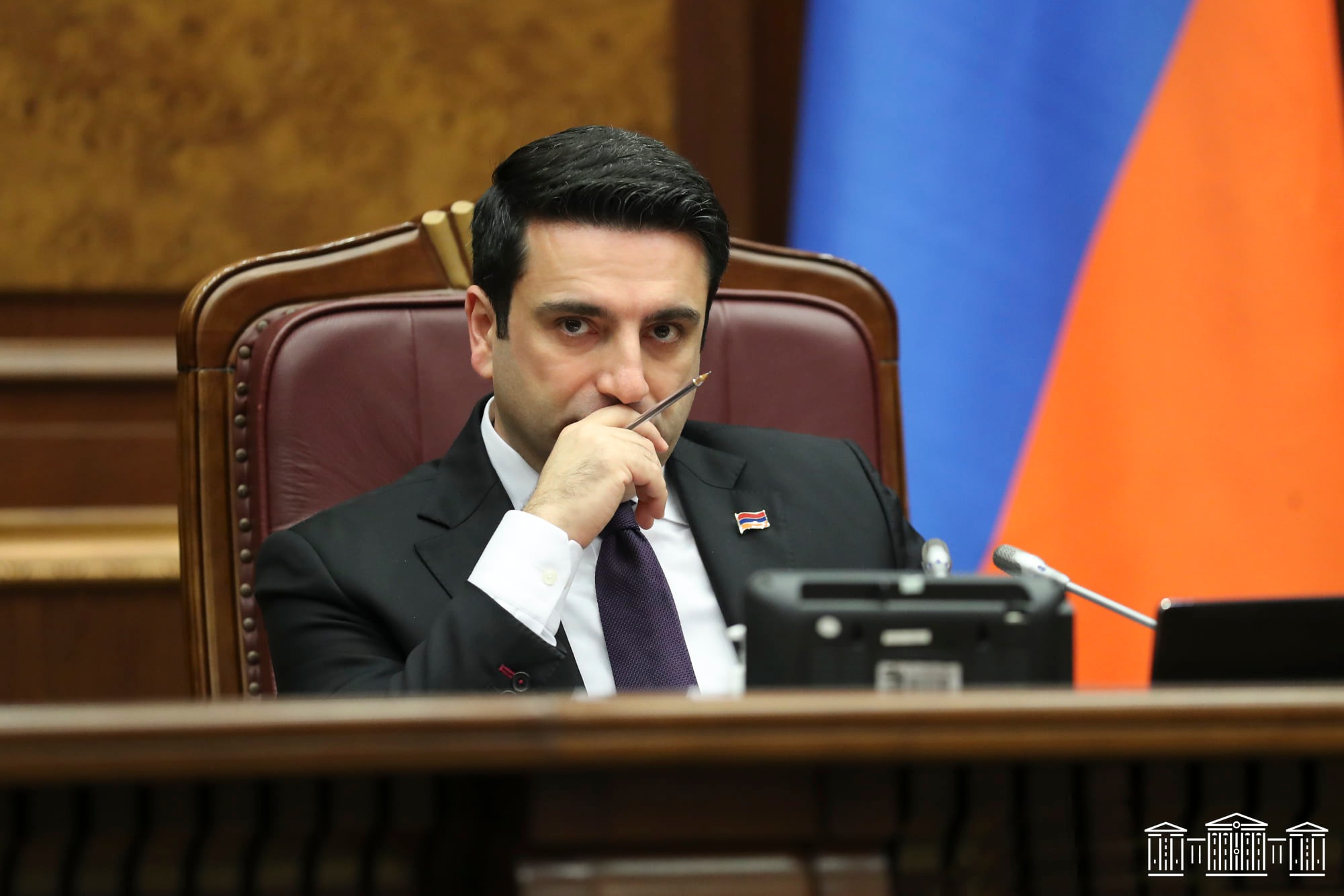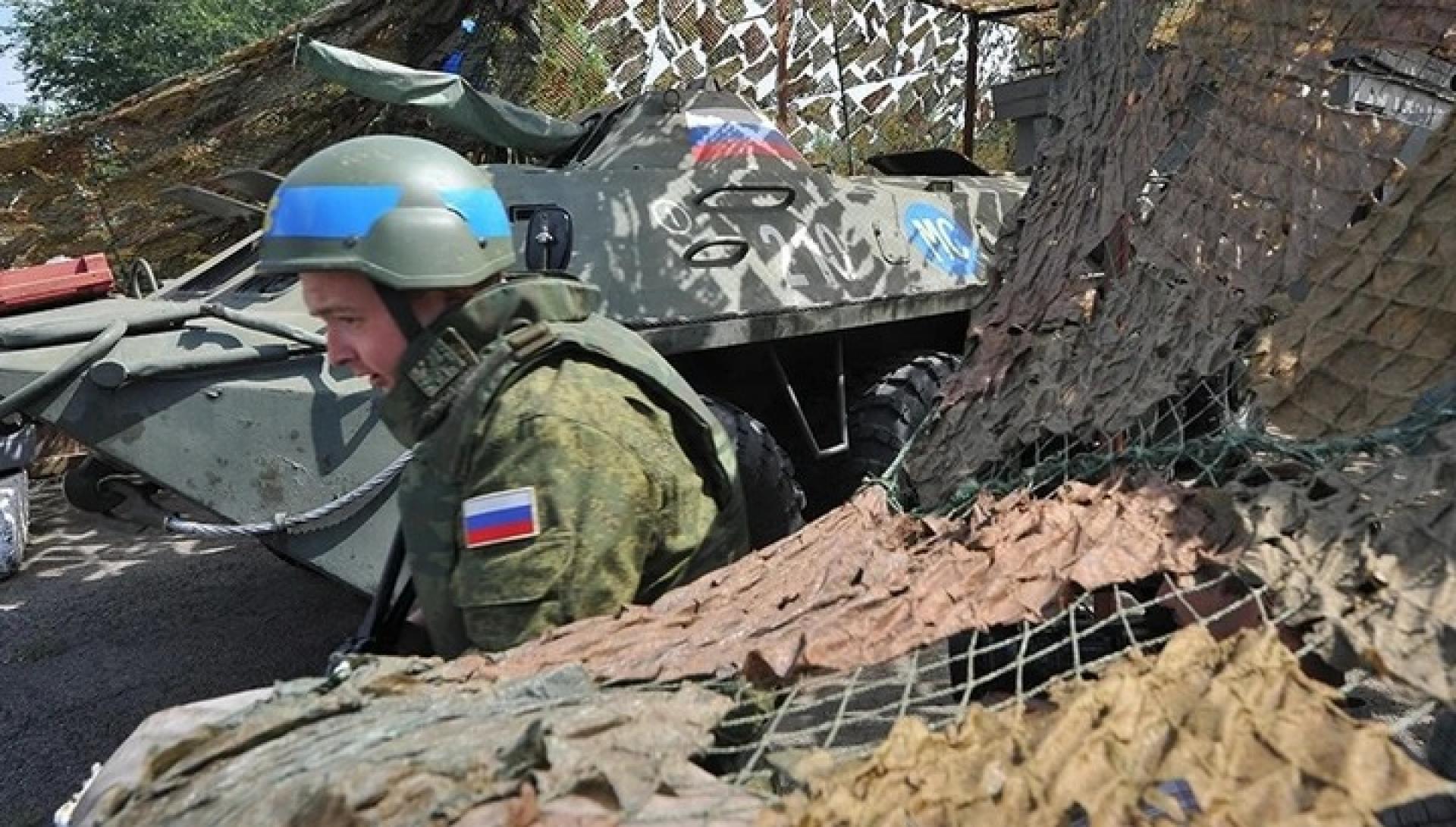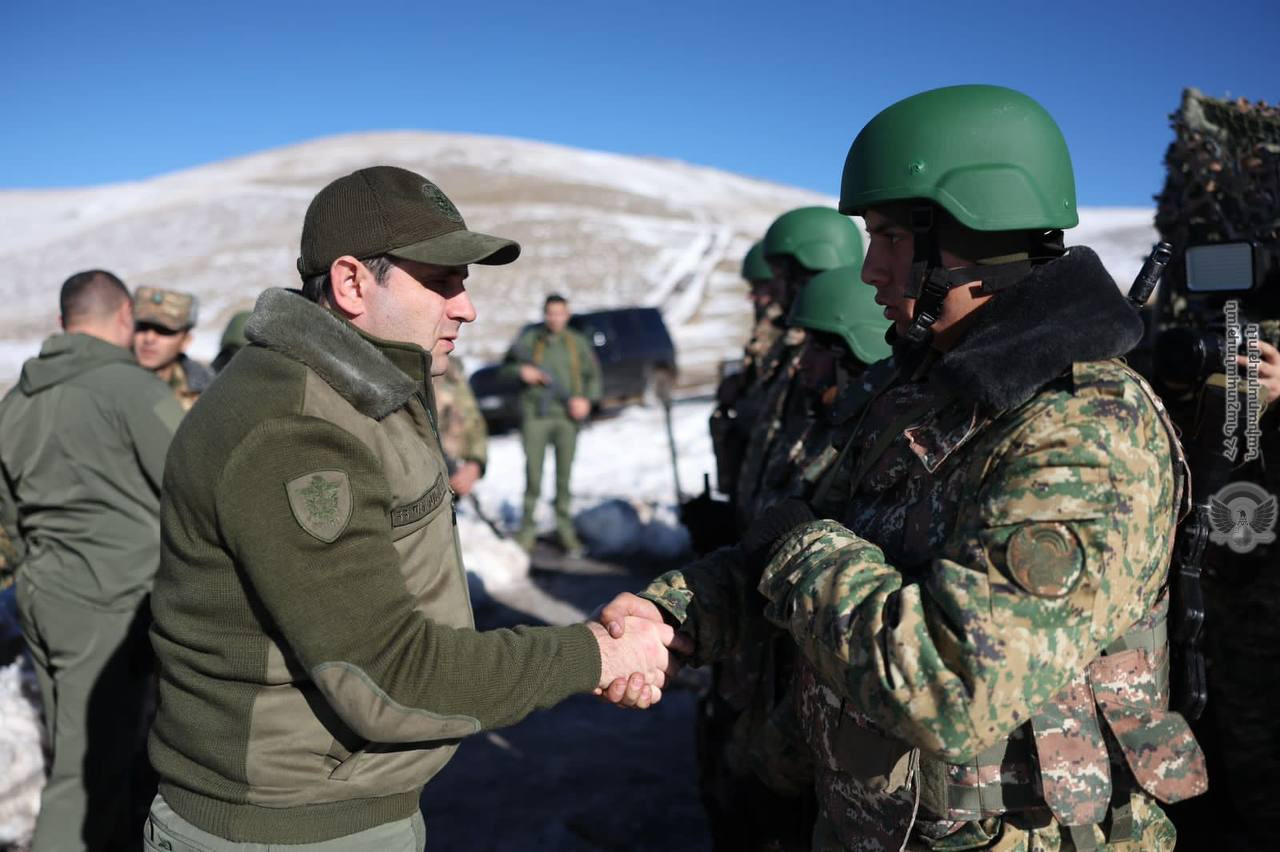"Vague and meaningless": the response of the Russian CSTO bloc to Yerevan's request
The CSTO’s responsibility zone in Armenia
“The CSTO’s responsibility zone in Armenia ends where the state border, regulated on a bilateral basis between Armenia and its neighbors, lies,” said an anonymous representative of the bloc to RBC.
Armenian authorities have been waiting for two years for the military bloc, led by Russia, to define the zone of its responsibility. This issue arose after the CSTO failed to respond to Armenia’s request to protect the country’s borders from Azerbaijani military invasion. And finally, Moscow responded.
However, Armenia considered this response belated and containing vague wordings. From this statement, it is clear only that Russia avoids recognizing Armenia’s territorial integrity, according to deputies from the ruling faction “Civil Contract.”
Opposition members, however, blamed not Armenia’s allies, but the authorities for the situation. Prime minister Nikol Pashinyan “delegitimized Armenia’s borders,” stated the opposition.
The prime minister indirectly touched on this topic himself. Russia cannot accuse Armenia of not fulfilling any of its obligations, emphasized Pashinyan during a meeting with his party members:
“While we can and do point [to non-fulfillment of obligations], raise legitimate questions, and expect substantive answers to these legitimate questions. Until this answer is given, whatever is said, the issue will not be resolved.”
The prime minister of Armenia described the CSTO’s work on the situation between Armenia and Azerbaijan as a “failure” back in the fall of 2022:
“For the past two years, Armenia has been subjected to aggression by Azerbaijan at least three times. It is disheartening that Armenia’s membership in the CSTO did not deter Azerbaijan from its aggressive actions and that, in fact, to this day, we have not been able to reach a decision regarding the CSTO’s response to this aggression. These facts do considerable damage to the image of the CSTO both within our country and beyond.“
More details about what the anonymous CSTO representative said, the opinions of deputies from the ruling faction, and the opposition.
- “Between a rock and a hard place”: Armenian banks will no longer service Russian “Mir” cards
- The path to independence: can Armenia ensure its energy security?
- “Armenia can ensure the security of its airport on its own”: Russian border guards will leave Zvartnots
Response from the CSTO
“In accordance with the 2010 agreement on the principles of interaction signed within the CSTO, the zone of responsibility is the sovereign territory of member states,” said an anonymous CSTO representative to the Russian RBC.
From this, one could conclude the recognition of Armenia’s territorial integrity. However, the source also stated that the bloc only recognizes the state border “which is regulated on a bilateral basis between Armenia and its neighbors”:
“The formulation regarding the zone of responsibility is quite complex. And it is aimed more at drawing attention to the situation in the republic than at obtaining an objective answer.”
He mentioned the agreement signed in Moscow in 2010 on the status of the formation of forces and means of the collective security system, according to which the zone of responsibility is the “sovereign territory of member states.”
“They don’t want to acknowledge that the occupation of Armenian territory took place”
In Yerevan, similar statements from Russian partners have already been heard, announced Arsen Torosyan, a deputy from the ruling majority. Specifically, referring to the fact that “the border with Azerbaijan is not demarcated.”
Torosyan reminded that according to the Alma-Ata Declaration of 1991, the administrative borders between the former Soviet countries were recognized as state borders:
“And according to these borders, the territorial integrity of these countries has been recognized. However, the CSTO [Collective Security Treaty Organization] avoids recognizing the territorial integrity of Armenia with its ensuing consequences. When you acknowledge it, you should also take measures against encroachments. They don’t want to acknowledge that the sovereign territory of Armenia has been occupied.”
According to him, the CSTO exists only on paper but does not act in reality:
“This structure is not about making vague statements every two to three years. On the contrary, this structure is supposed to protect the territorial integrity of its member states. Both militarily and diplomatically. Neither is happening.”
According to the deputy, the Armenian side has drawn corresponding conclusions and suspended its membership. And if there is a decision “to go further,” it will also be implemented.
“Only Yerevan is being protected?”
Armen Khachatryan, a deputy from the ruling faction and a member of the Defense and Security Committee, commenting on the CSTO’s response, stated:
“Now I pose a question to the CSTO — when the Republic of Armenia became a member of the bloc, what was the zone of responsibility, the territory of Armenia? Did they only take Yerevan under protection? We don’t know.”
Armenia has internationally recognized borders, with which it joined the bloc, emphasized Khachatryan:
“And now the CSTO is saying, ‘Let’s see what borders you will establish [with Azerbaijan].’ We’re not going to redefine any borders. What’s already recognized at the international level, what Russia acknowledged in Alma-Ata, and what all former Soviet states accepted, that’s Armenia’s border.”
In Khachatryan’s opinion, the CSTO’s recent statement is biased and unacceptable:
“They gave some maneuvering response. But from their response, it’s clear that Armenia’s border should be determined by agreement with Azerbaijan.”
According to Khachatryan, the recent statements from the CSTO have minimized its significance, role, and authority to the extent that they can be ignored. He reminds that Armenia joined the bloc to ensure its security. And if the CSTO is unwilling to fulfill this function, Yerevan will leave the structure.
“Pashinyan dealt the first blow to Armenia’s territorial integrity”
“When the Azerbaijanis referred to GPS data and claimed that the border near the village of Shurnukh ran a certain way, and he withdrew troops from that territory, he thereby struck the first blow to Armenia’s territorial integrity,” stated opposition deputy Artur Khachatryan.
In his view, the existing problems largely stem from the policies of the Armenian authorities.
Khachatryan believes that Armenia and the CSTO should resolve their issues through negotiations rather than taking offense at each other:
“The CSTO’s area of responsibility should be resolved according to international practice. And it indicates that until the borders are definitively defined, the principle of uti possidetis applies. This means that what is currently under your control is considered the basis for future border delineation.”
Uti possidetis is a principle in international practice, meaning that newly independent states maintain the same territory and borders they had as administrative units within other states.






















